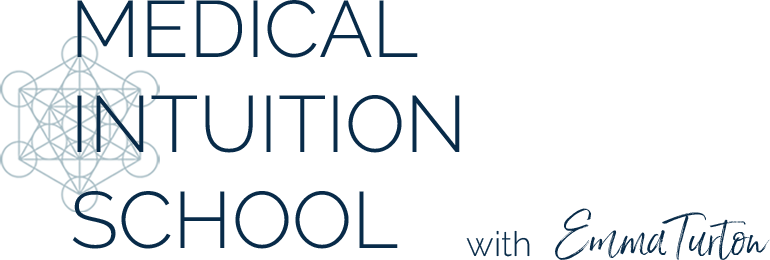The Language of Your Body: Understanding and Responding to Its Whispers
Your body is a profound communicator, one that converses with you in rhythms, aches, and even the beating of your heart. On this note, paying attention to your body’s insistent whispers serves not only as an act of self-care but also as a preemptive response to potential health concerns.
Listen to Your Body’s Cues Before They Become Crises
Life can be a whirlwind, and within it, we often brush aside the gentle nudges that our body gives us. It might be the faint discomfort of a muscle ache, or the murmurs of an unsettled stomach; these gestures often end up being mere background noise to the clamor of daily life. However, when we train ourselves to listen carefully to these messages, we can head off illness and burnout before they take root.
The Power of Sensation
Sensation is your body’s way of speaking, and it does so in a remarkably varied tongue. For instance, a headache might not just signify an overworked mind, but dehydration, eye strain, or a more serious health concern. Every sensation experienced, whether through touch, taste, smell, sight, or hearing, is a message waiting to be decrypted.
Unraveling Your Unique Lexicon
Just as every individual has a unique voice, every body has a unique lexicon of sensations. Understanding what your different aches and pains mean for you is a personal language that takes time to decipher. A headache may tell you to rest, but for others, it’s their stomach that flags fatigue. Self-awareness is key to fluently conversing with your body.
Engaging with Your Intuitive “Inner Physician”
In the absence of confounding symptoms, your body often knows best. It has an innate capacity to heal, guide, and restore balance. But how do we engage with this inner physician?
Cultivating Mindfulness and Stillness
A practice of mindfulness and stillness is akin to turning up the volume on your body’s whispered alerts. Whether it’s through meditation, yoga, or simply sitting quietly, these practices can amplify the signals your body is sending and help you interpret its language with greater clarity.
The Dialogue of Movement and Nutrition
Physical activity and a balanced diet are vital in maintaining the lines of communication with your body. Movement stimulates the various systems, from circulatory to digestive, and a nourishing diet provides your body with the tools it needs to maintain optimal function and express itself clearly.
Detecting Dis-Ease Before It Becomes Disease
The body has an incredible capacity for regeneration and repair. However, when we consistently ignore its subtle pleas, these whispers can escalate into shouts that we recognize as symptoms of disease.
Early Signs and Symptoms
Symptoms are the body’s way of alerting us to areas that are in disarray. By recognizing early signs such as changes in appetite, sleep patterns, mood, or energy levels, you can address the underlying imbalance before it evolves into a more serious condition.
Leveraging Diagnostic Tools
Medical intuition is valuable, but it must be complemented with the objective insights of diagnostic tools. Routine check-ups, screenings, and tests can offer additional perspectives, confirming or dispelling the notions you’ve gathered through your intimate interactions with your body.
Practicing Proactive Self-Care
Proactive self-care moves beyond the reactive “feel-better-now” mindset to proactive measures that ensure the ongoing health and vitality of your body. This involves prioritizing your wellbeing and maintaining a dialogue with your body that is characterized by both listening and action.
Establishing a Routine of Self-Assessment
Just as routine maintenance keeps a car running smoothly, a cycle of self-assessment consisting of listening, feeling, and checking in with your body can help prevent latent conditions from progressing.
Nurturing the Body-Mind Connection
The relationship between your mind and body is deeply interwoven. Emotional and psychological stress can manifest physically, and conversely, physical wellness can enhance your mental state. Nurturing a healthy body-mind connection is essential for comprehensive self-care.
The Language of Your Body in a Nutshell
In essence, your body is constantly speaking to you, narrating its story through the highs and lows of daily living. The better you learn to understand and respond to its language, the better equipped you are to enjoy vibrant health and a life of vitality.
Take notice of that pressure within you. Take notice of how you’re feeling in there. Notice those whispers so you don’t have to let your body get to the point of shouting. Your body’s language is a gift—listen, interpret, and respond with the kindness and care it deserves. After all, it’s saying something important. Are you listening?
